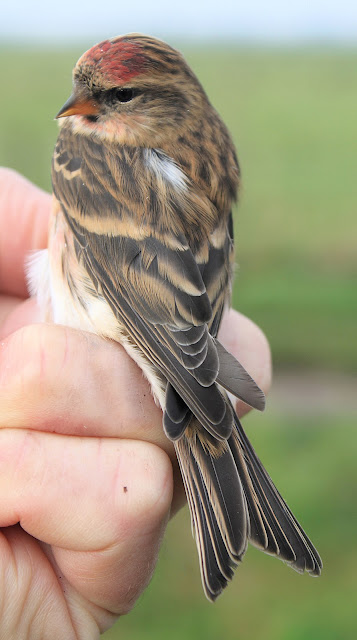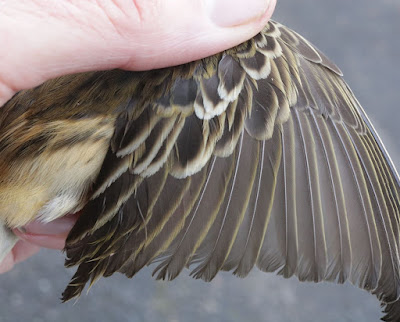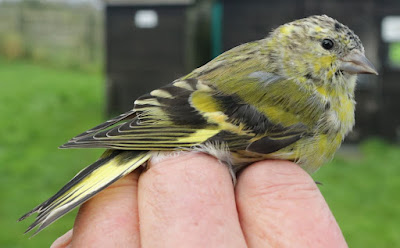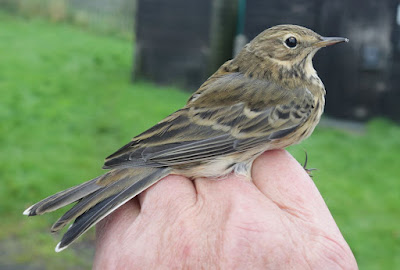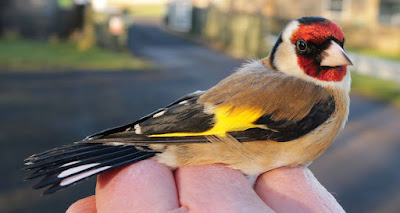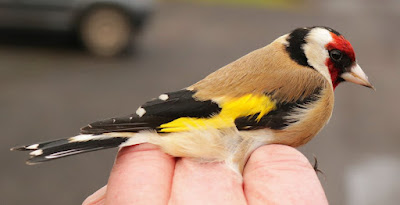After yet another windy week our one out of seven days a week of ringing turned out to be Saturday.
Overnight Friday/Saturday the temperature gauge dived to 0° whereby the Fiat’s heated seat and windscreen proved worth their weight in gold.
I met Will at 0730 up at Oakenclough and where as I arrived he was already on with the mist nets. The sun stayed hidden behind the horizon as winter gloves made their first appearance.
A quiet session ensued, highlighted by singles of Redwing and Lesser Redpoll included in our meagre catch of just 13 birds – 4 Chaffinch, 3 Robin and singles of Blackbird, Redwing, Lesser Redpoll, Coal Tit, Wren, and Blue Tit.
More frustration followed by our failure to catch birds that we saw but which avoided our nets completely, e.g. Crossbill, Bullfinch, Siskin and Sparrowhawk.
Loxia curvirostra, the Red Crossbill (North America) or Common Crossbill (Europe) is a small passerine bird in the finch family Fringillidae. Crossbills have distinctive mandibles, crossed at the tips, an adaptation enables them to extract seeds from conifer cones and other fruits.
Adults are often brightly coloured, with red or orange males and green or yellow females, but there is wide variation in beak size and shape, and call types, leading to different classifications of variants, some of which have been named as subspecies.
Two parties of Crossbills, a gang of five then a larger party of 7 or 8 made their way and calling overhead as we watched a number drop into the area of a mist net.
We failed to catch any but as the breeding season for Crossbills approaches we hope that some will stick around for the next several weeks. Common Crossbills nest very early in the year in English pine plantations, hatching their chicks in February and March to take advantage of the new crop of pine cones.
Linking today to Eileen's Weekend.
Back soon with more pics, news and photos. Stay cool but stay warm and come back to Another Bird Blog on another day.


